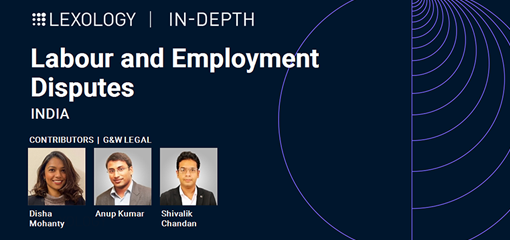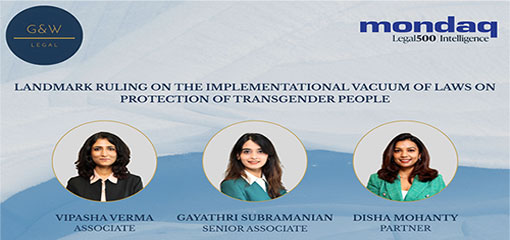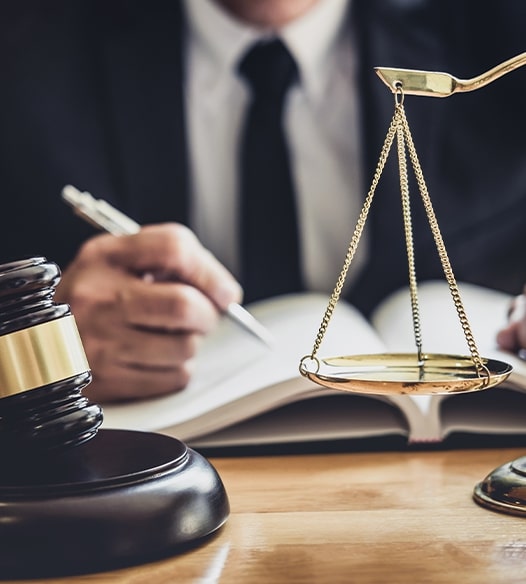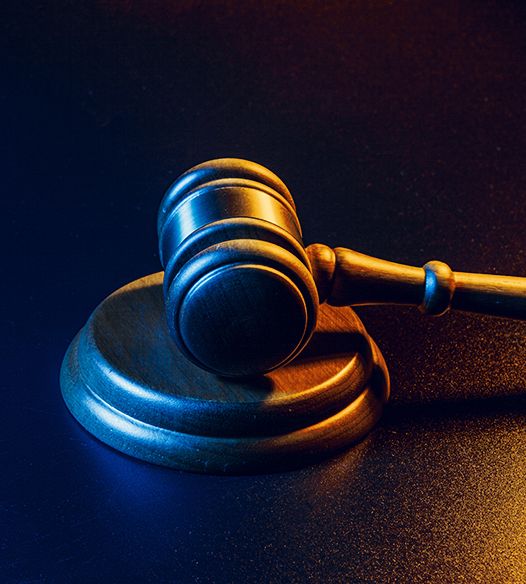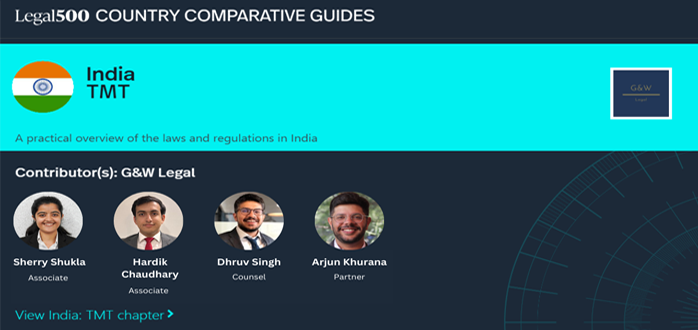
India: TMT
1. Is there a single regulatory regime that governs software?
No, there is no single regulatory regime that governs software in India. Instead, there are various laws and regulations that apply to and protect different aspects of software development, distribution, and usage. These include criminal laws, intellectual property laws, information technology and data protection laws, as well as consumer protection laws. Additionally, there are also government policies which apply to the domain.
2. How are proprietary rights in software and associated materials protected?
Proprietary rights in software and associated materials are primarily protected through copyright. The definition of ‘literary work’ under the Copyright Act, 1957 includes ‘computer programmes and compilation, including computer databases.’ Copyright protection is granted to the expression of an idea and in respect of software, it extends to protecting original works such as software code (including source code & object code), and related materials like user manuals, documentation, etc. Copyright protection is a result of the creation of the work itself and while a formal registration is advisable, it is not strictly necessary.
Another possibility of protection is under patent law. Software per se is not patentable in India, but if there are other things ancillary to the software, then it may become patentable. In other words, software-related inventions may be patentable. To demonstrate patentability, there would be a need to demonstrate either a ‘combination with hardware’ or a ‘technical effect’. There have been instances of patents being granted to software where a technical effect was shown.
Trade Secrets can be another avenue of protection. In cases of proprietary software, source code, algorithms, etc., may be unavailable to the public / not published and therefore not protected under copyright. In such cases, these are protected as trade secrets. India does not have a specific law on trade secrets, and these are generally protected through private agreements between parties.

